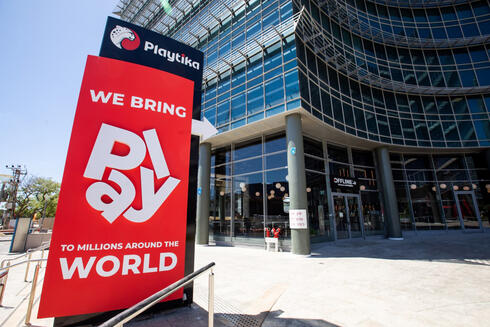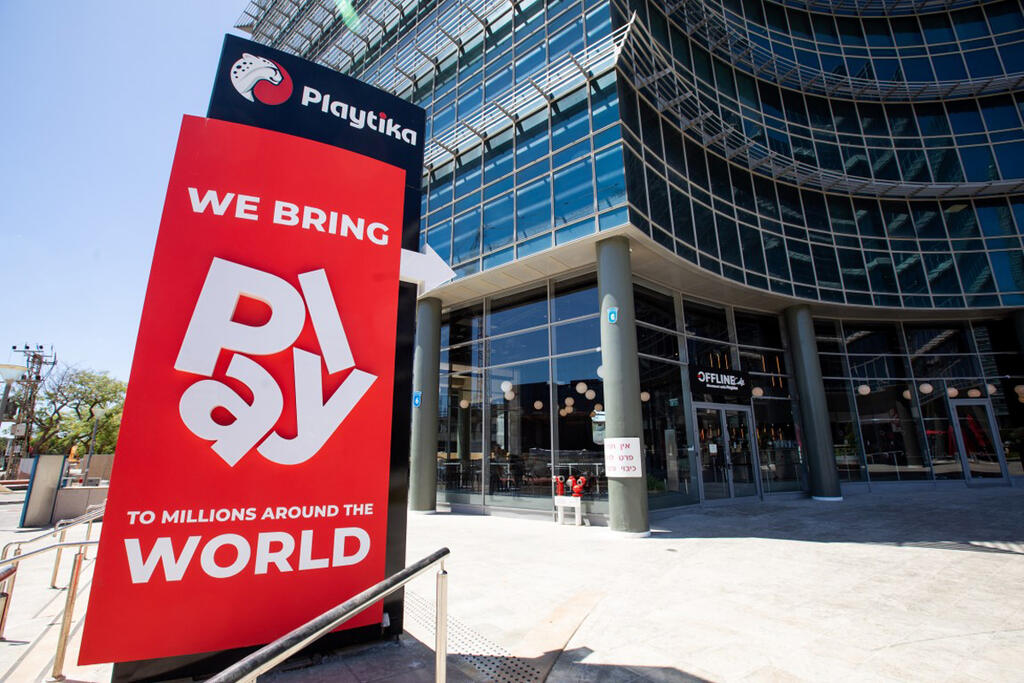
What are the real motives behind Playtika's $813 million offer to buy Rovio?
Why is it urgent for a company that has just laid off hundreds of employees, closed games, and spent $600 million on buying back its own shares, to embark on an expensive all-cash adventure?
The Israeli gaming company Playtika is trying to acquire Rovio, the company behind the popular franchise Angry Birds, for $813 million. According to the company's announcement from last Thursday, they submitted an improved offer that reflects a 55% premium over the closing price of Rovio's shares on the Helsinki Stock Exchange on January 18th. The announcement states that, in November, Playtika submitted an initial offer at a lower price of 8.5 euros per share, which was rejected by Rovio. The Finnish company's stock jumped 35% on Friday in trading in Helsinki and its value now stands at $586 million. Playtika investors were more restrained in their reaction and the company's stock settled for a 7% increase that brought it to a value of $3.7 billion.
While Playtika's move can be dismissed as just another merger between companies in the gaming market that has experienced a slowdown after the meteoric surge during Covid, there are several question marks hanging over the Israeli company's real motives. One of the unusual things in Playtika's proposal is its desire to pay the entire amount in cash, even though in transactions of this magnitude, made between two public companies, it is customary to pay at least part of the amount in shares.
Playtika already has experience in acquisitions of Finnish game development companies, acquiring ReverX, the company behind the popular interior design application Redecor, in September 2021 for $600 million. In that transaction, Playtika agreed to pay $400 million in the first stage and $200 million in accordance with the acquired company meeting certain goals. By the way, the Reworks acquisition also had similar characteristics, where Playtika located a company with one popular application that could be leveraged with its powerful monetization tools.
Unlike Redecor, Angry Birds is a much more recognized brand that broke records and created history when it was the first mobile game to reach a billion downloads after launching in 2009. In 2016, a movie based on the game's Angry Birds was even released, and in 2017 Rovio was issued in Helsinki, although only a relatively small part of its shares are traded and about 40% are still held in private ownership. Last year, although its profitability has recently eroded, Rovio announced that it had reached 5 billion downloads and expects to report revenues of approximately 320 million euros in 2022, reflecting 12% growth compared to 2021.
Playtika officially states that its plan is to leverage the well-known brand, but it is not clear why they plan to pay in cash in a deal that will completely empty the company's account or even place it in debt during a time of higher interest rates. Just a few months ago, it spent $600 million buying back its own stock.
Moreover, even though Playtika is a very profitable company, only a month ago it embarked on an extensive layoff process, during which it fired 610 employees who made up 15% of the company's workforce and closed down entire teams and games. The latest cutbacks came about six months after another 250 workers were laid off and when the latest quarterly report was published, it reduced its annual revenue forecast to $2.6 billion. It finished the first nine months of the year with revenues of $2 billion and a net profit of $183 million.
Why, then, is it urgent for a company that has just laid off hundreds of employees, closed games, and spent $600 million on buying back its own shares, to embark on an expensive all-cash adventure?
Looking for a growth engine is one explanation but not one that will suffice. Rovio is indeed growing more than Playtika, but not at a phenomenal rate that will be significantly felt on the scale of the merged company. It is possible that the explanation for the current course of action can be found in the ownership structure of the company itself.
The gaming company has changed hands several times already and over 25% of its shares were supposed to be sold to the Chinese Joffre Capital fund at a valuation of $8.5 billion last year. The deal blew up last December, and it may be that Playtika sees the purchase of Rovio as a kind of "poison pill" that can deter potential takeovers. After all, who wants to buy a company that is trying to spend all its cash or take on debt to fight for the purchase of a company that probably doesn't really want to be sold. At the same time, making the offer public is also an invitation for offers from competitors that will only push Rovio's valuation higher. In the meantime, Rovio stated that it is considering the offer.















